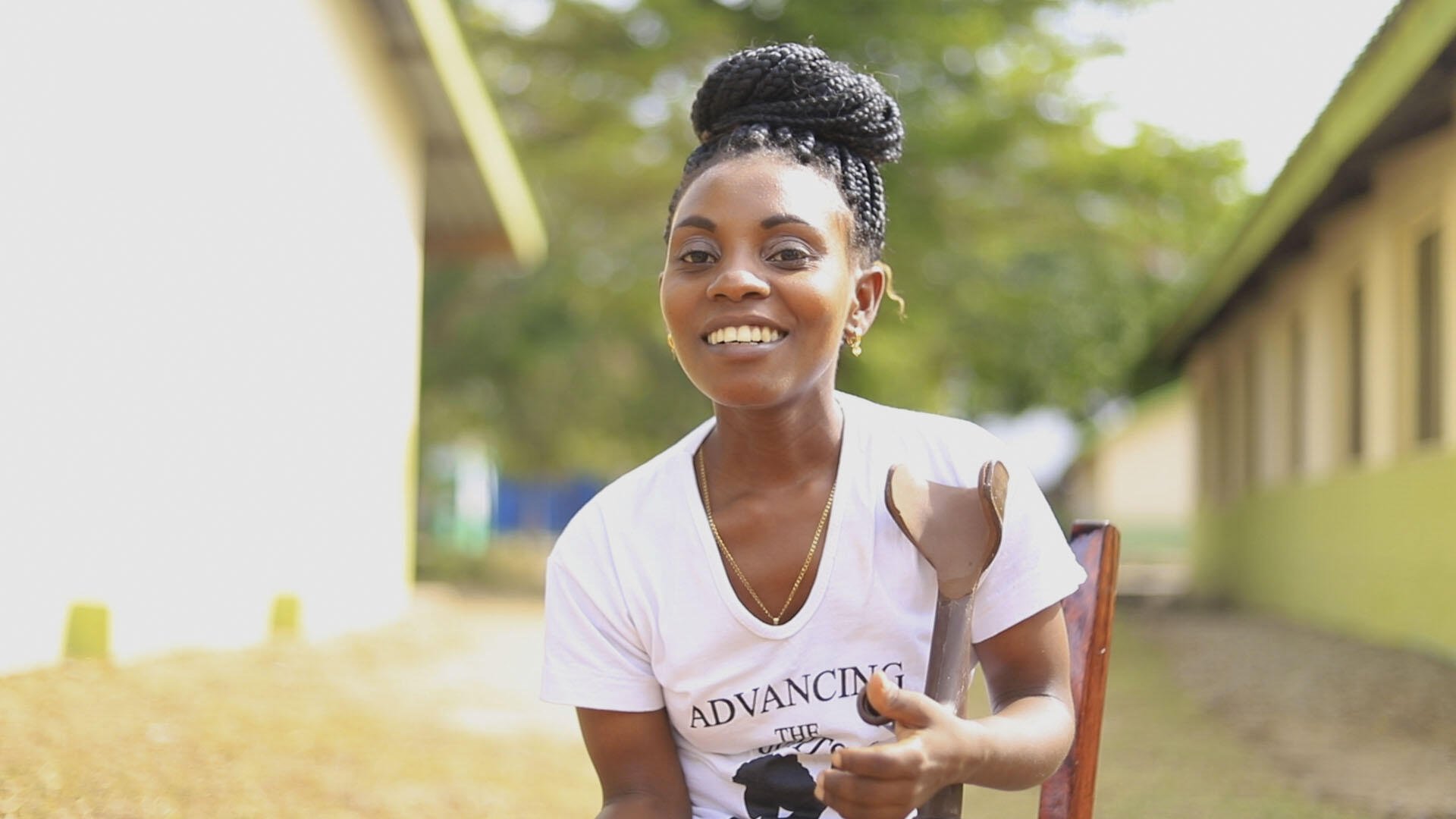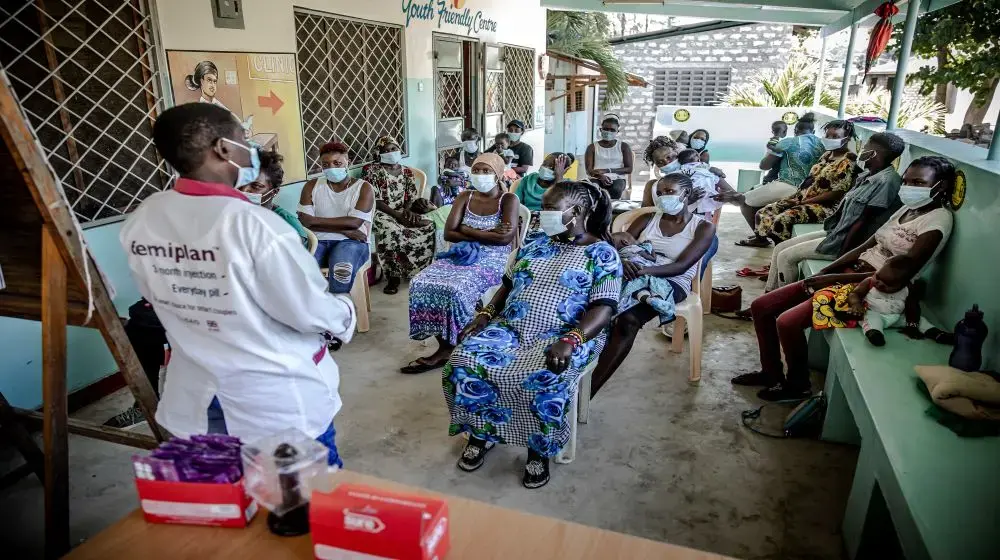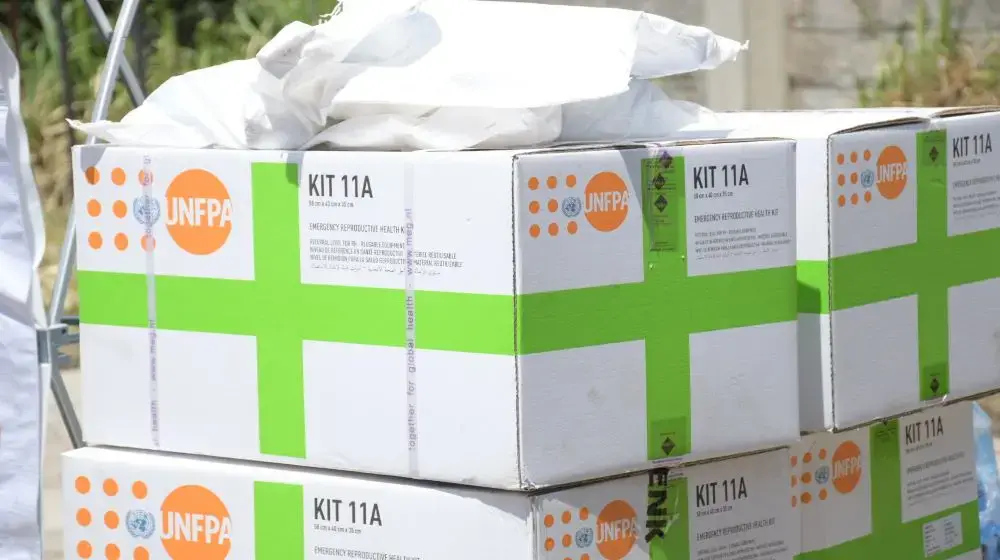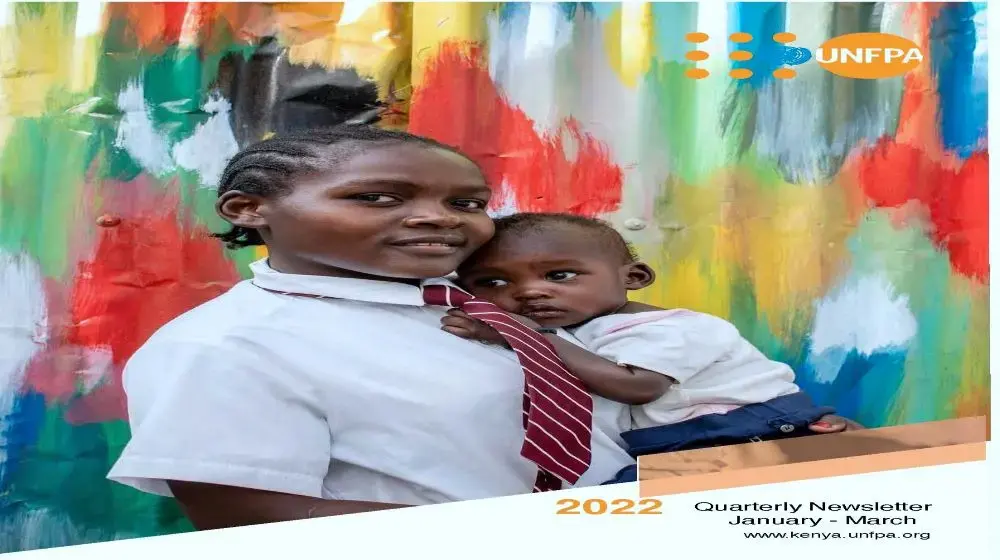Anne Wanjiru found out she had gotten her first period when a boarding school classmate told her she had stained her dress. No one had ever explained menstruation to her, so the then-14-year-old, who had a congenital mobility disability and hearing impairment, did not understand why she felt discomfort and pain or why she was bleeding. “I didn’t even know how to wear a sanitary pad,” she said.” A teacher explained periods were normal, gave her underwear and pads, showed her to use them and checked on her every day.
Now 29, the Mombasa-based Ms. Wanjiru runs a group for persons with disabilities that includes a programme on sexuality for young women, whose families and caregivers are often uncomfortable discussing menstrual hygiene. “Because of a lack of sexuality education, many girls with disabilities turn to their friends for information, which can sometimes be misleading and dangerous,” she said. “Some have been told that to manage their periods, they needed to have sex, and they end up with early and unwanted pregnancies.”
Changing the narrative
UNFPA partnered with This-Ability Trust, an organization that advances disability rights and inclusion by working with groups like Ms. Wanjiru’s, to improve access to sexual and reproductive health information and services for women and girls with disabilities across the country. The partnership, which has reached 12,000 people in eight counties, also educates both recipients and caregivers on menstrual health management when distributing dignity kits with washable sanitary pads.
“There is a misguided narrative that portrays women and girls with disabilities as asexual,” said Maria Rosa Cevallos, a project manager with This-Ability Trust. “The consequence of this is that they are not provided with adequate information about their reproductive health, including menstruation.”
According to the 2019 census, more women (2.5 per cent) than men (1.9 percent) live with a disability. Girls and young women with disabilities – the most prevalent are mobility, visual impairment and cognitive disabilities – are often denied the right to make decisions for themselves about their reproductive and sexual health, increasing their risk of sexual violence, unplanned pregnancy and sexually transmitted infection.
A need to close gaps
A recent needs-analysis conducted by This-Ability Trust among health-care workers in Kenya showed gaps in the provision of reproductive health-care services for women and girls with disabilities.
“Many health-care workers were of the opinion that 15 years is the appropriate age for women and girls with disabilities to receive sexual and reproductive health information,” explained Cevallos. “This might be too late for adolescent girls who experience their first period much earlier.”
The cost of sanitary pads and tampons can be cost-prohibitive at 300 Kenyan shillings (about $3) a month (according to the World Bank, about one in three people in Kenya live below the international poverty line of $1.90 per day). Depending on the type of disability, some women and girls may require more expensive menstrual products such as period underwear. Managing menstrual hygiene can be further complicated by the need to rely on others for changing sanitary pads and bathing or poor access to water and other sanitation amenities.
Which is why awareness and education are so important. “We need to reduce period stigma so that women and girls with disabilities feel comfortable to talk about the challenges they face during their periods,” said Ms. Wanjiru. “That way, we can ensure more inclusive menstrual health strategies that take our needs into account.”





